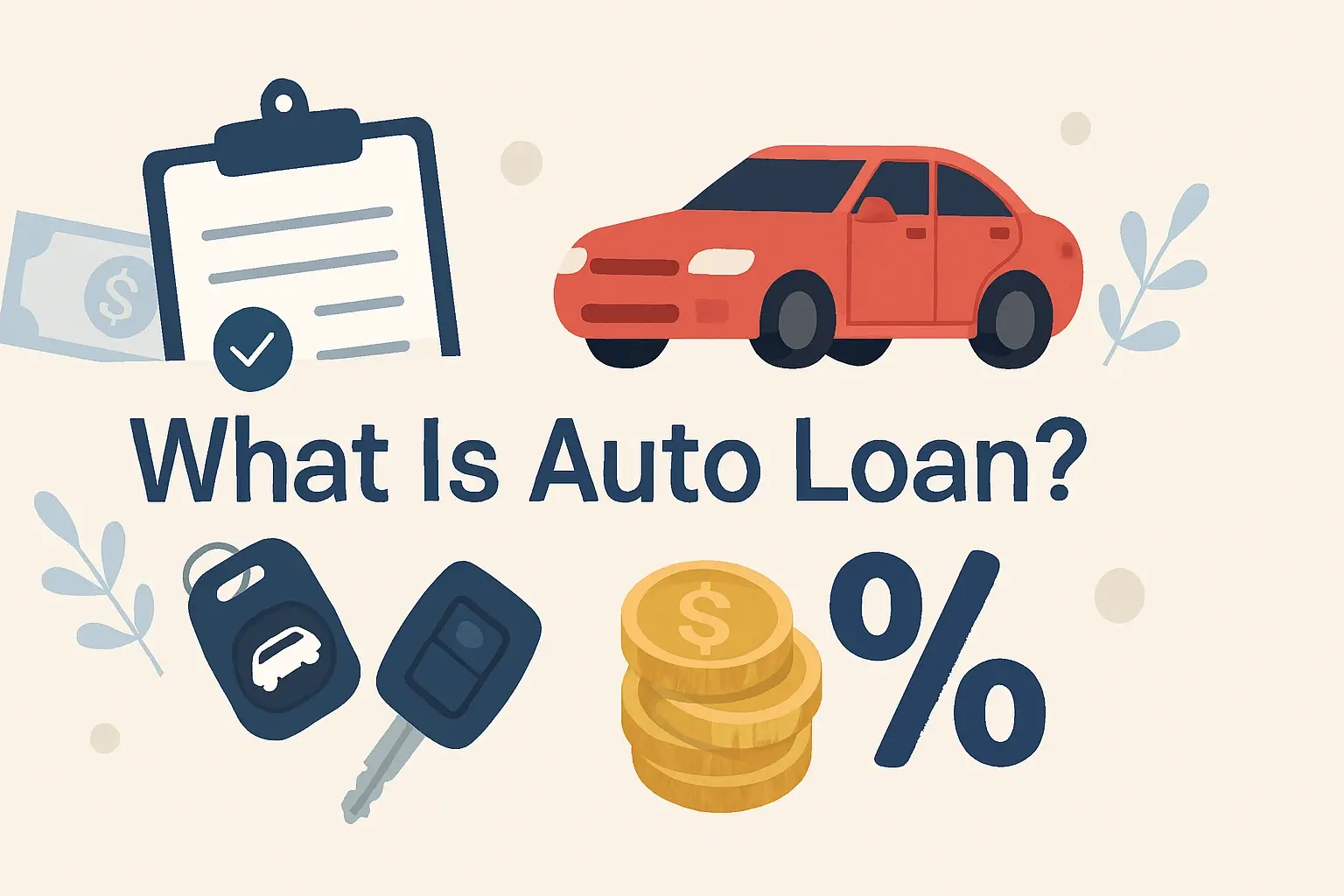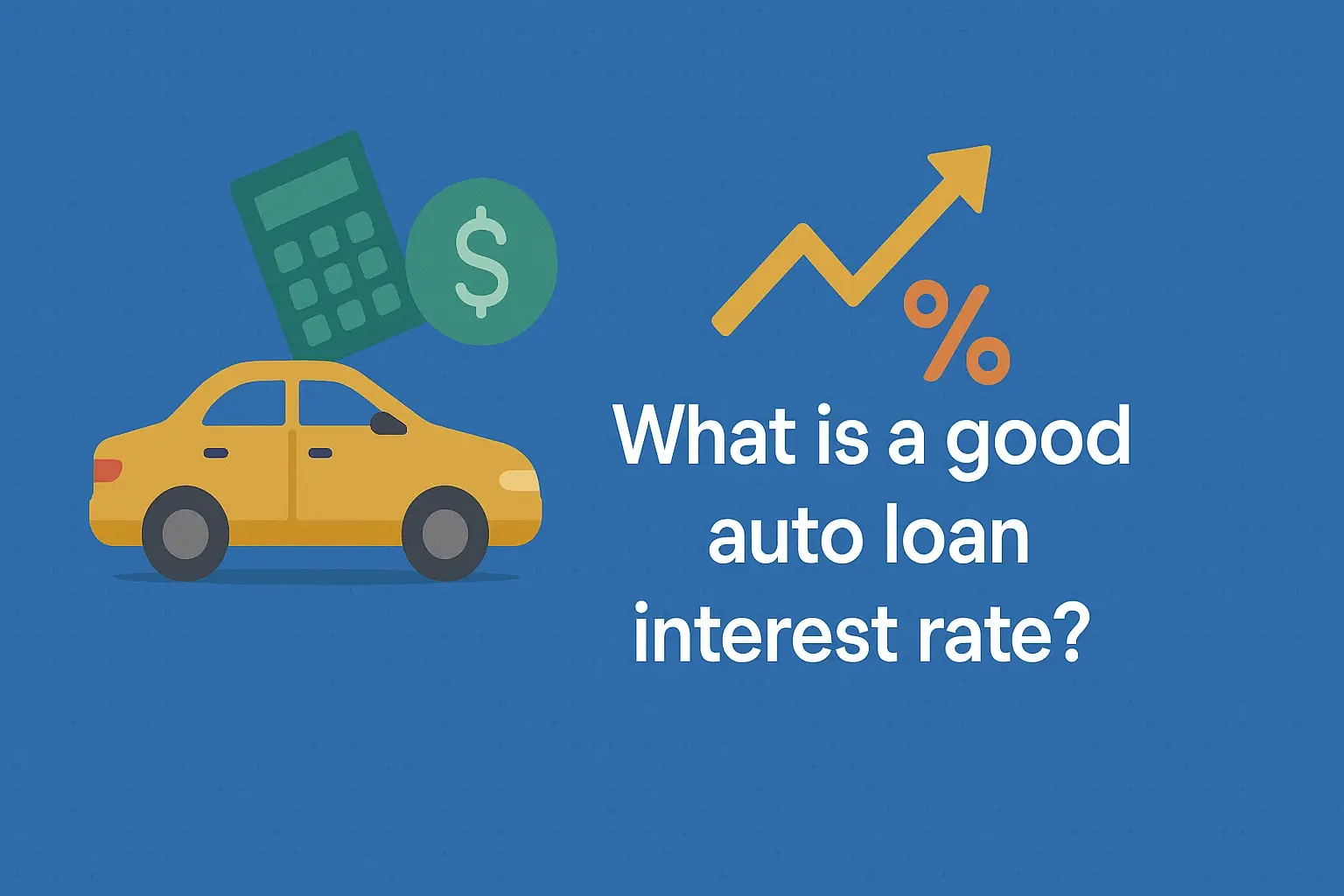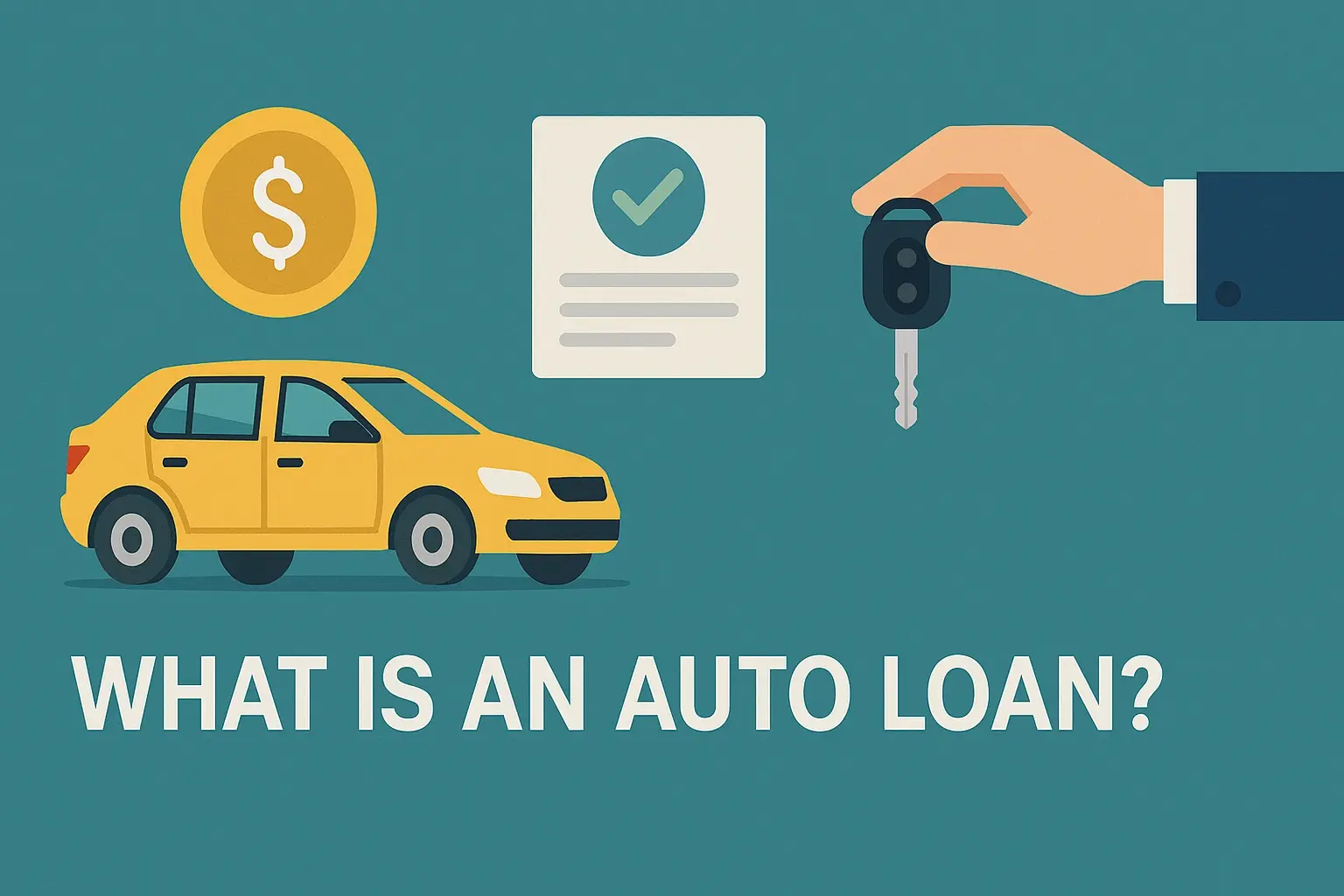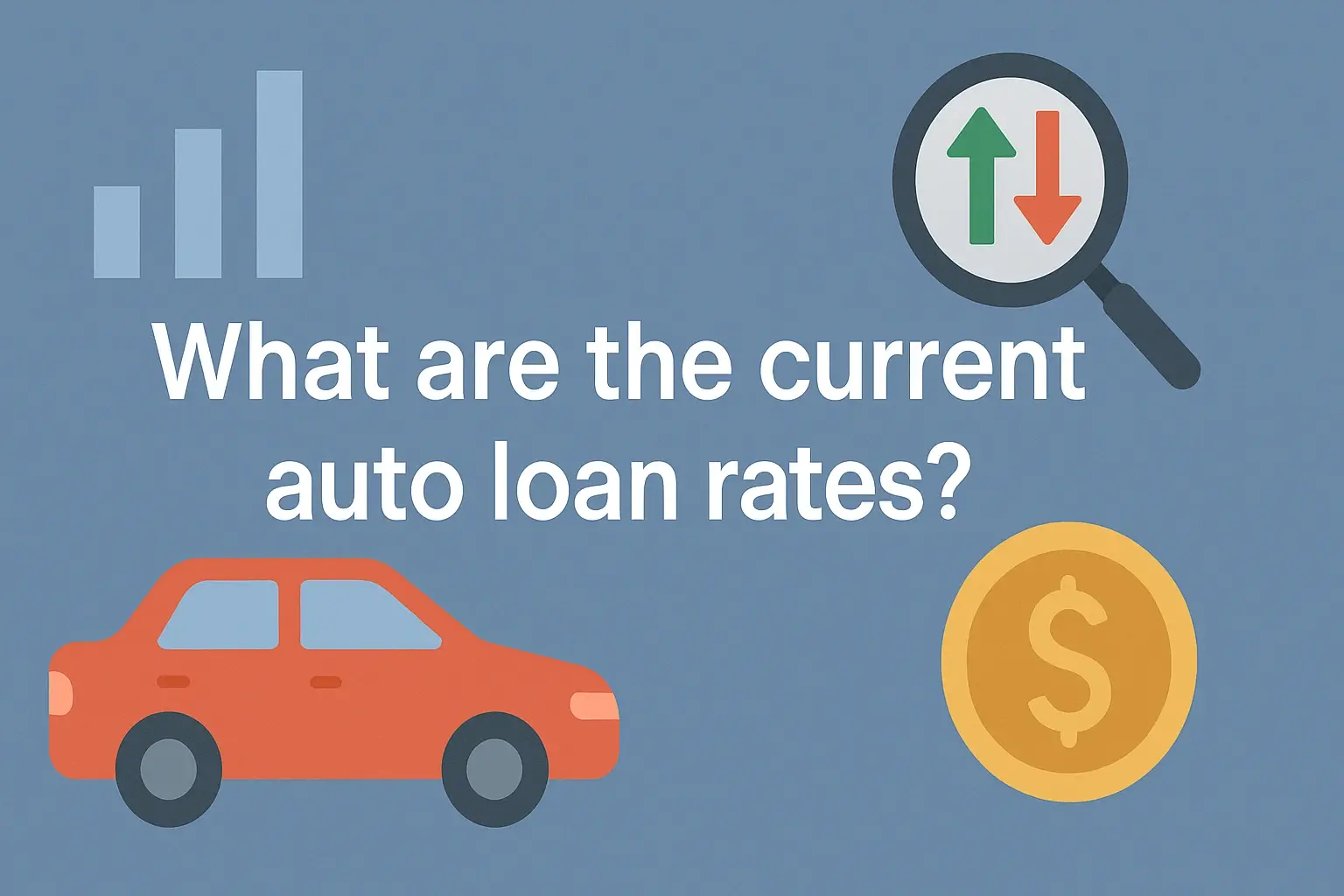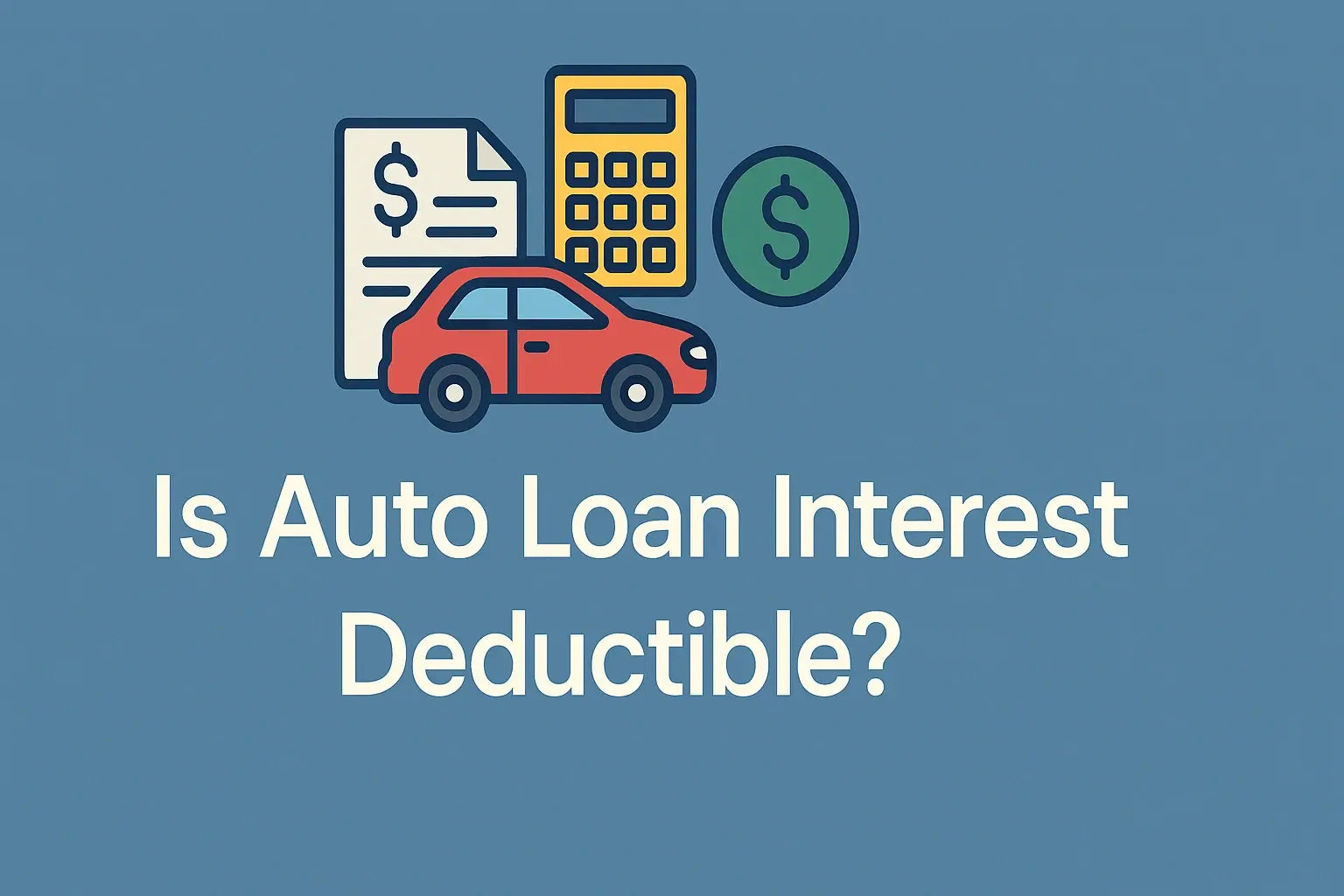-
Posted on: 25 Jul 2024

-
The dream of owning a home is a powerful one, shared by millions. But for many, a low credit score can feel like an insurmountable barrier. If you're wondering if you can buy a house with a credit score as low as 300, the short answer is: it's highly unlikely through conventional means. However, that doesn't mean homeownership is completely out of reach. Let's explore the challenges, potential alternatives, and actionable steps you can take to improve your chances of owning a home.
Understanding Credit Scores and Mortgage Requirements
Before diving into the possibilities, it's crucial to understand how credit scores impact mortgage eligibility. Credit scores are numerical representations of your creditworthiness, based on your credit history. They range from 300 to 850, with higher scores indicating lower risk to lenders.
The FICO Score Range and What It Means
The most widely used credit scoring model is the FICO score, developed by Fair Isaac Corporation. Here's a general breakdown of the FICO score range:
- Excellent (800-850): These borrowers are considered low-risk and qualify for the best interest rates and loan terms.
- Very Good (740-799): Still considered low-risk, borrowers in this range have access to favorable mortgage options.
- Good (670-739): Borrowers in this range generally qualify for mortgages but may not receive the absolute best interest rates.
- Fair (580-669): This range indicates a higher risk to lenders. Mortgage options may be limited, and interest rates will likely be higher.
- Poor (300-579): Borrowers in this range face significant challenges in obtaining a mortgage through traditional lenders.
Why a 300 Credit Score is Problematic for Mortgage Approval
A 300 credit score falls squarely in the "Poor" category, signaling a high risk to lenders. This typically indicates a history of serious credit issues, such as:
- Multiple late payments
- Collections accounts
- Charge-offs
- Bankruptcies
- Foreclosures
Lenders view borrowers with such low scores as high-risk because they are more likely to default on their loan. As a result, conventional mortgage lenders are highly unlikely to approve a mortgage application with a 300 credit score.
Exploring Alternative Financing Options (With Caveats)
While securing a conventional mortgage with a 300 credit score is virtually impossible, there are a few alternative financing options you might consider, but they come with significant risks and limitations:
Hard Money Loans
Hard money loans are short-term loans secured by real estate, typically used by real estate investors for fix-and-flip projects. They are offered by private lenders and are based more on the value of the property than the borrower's credit score. While they might be an option with a very low credit score, they come with very high interest rates and fees. This makes them extremely risky for a long-term home purchase, as the high costs can quickly become unsustainable. Furthermore, you'll likely need a substantial down payment.
Owner Financing (Seller Financing)
In owner financing, the seller acts as the lender, providing the financing directly to the buyer. This can be a viable option if the seller is willing to work with a borrower who has a poor credit history. However, finding a seller willing to offer financing to someone with a 300 credit score is very difficult. Even if you find one, the terms are likely to be less favorable than a traditional mortgage, potentially including a higher interest rate and a shorter repayment period.
Rent-to-Own Agreements
A rent-to-own agreement allows you to rent a property for a specific period with an option to buy it at the end of the lease term. A portion of your rent payments may go towards the purchase price. While rent-to-own can provide a path to homeownership for those with poor credit, it's essential to understand the terms carefully. You may be required to pay a higher rent than usual, and if you don't exercise your option to buy, you could lose the money you've paid in rent credits.
Cash Purchase
If you have the means, buying a house with cash eliminates the need for a mortgage altogether. This is, of course, the most straightforward way to bypass credit score requirements. While unrealistic for most individuals with a 300 credit score, it's worth mentioning as a possible, albeit unlikely, solution.
Important Considerations for Alternative Financing
It's crucial to approach alternative financing options with caution. Before committing to any loan, carefully review the terms, interest rates, and fees. Consider consulting with a financial advisor or real estate attorney to ensure you understand the risks and implications.
The Best Path: Improving Your Credit Score
Instead of relying on risky and often unsustainable alternative financing, the most prudent and long-term solution is to improve your credit score. While it takes time and effort, improving your creditworthiness will open doors to more favorable mortgage options and ultimately save you money in the long run.
Steps to Take to Repair Your Credit
Here are some actionable steps you can take to improve your credit score:
- Obtain Your Credit Reports: Request free copies of your credit reports from Equifax, Experian, and TransUnion at AnnualCreditReport.com.
- Identify and Dispute Errors: Review your credit reports carefully and dispute any inaccuracies with the credit bureaus. This includes incorrect account balances, late payment dates, or accounts that don't belong to you.
- Pay Your Bills On Time: Payment history is the most significant factor in your credit score. Make all your payments on time, every time. Consider setting up automatic payments to avoid missing deadlines.
- Reduce Your Credit Card Balances: Aim to keep your credit card balances below 30% of your credit limit. Lower balances demonstrate responsible credit utilization.
- Avoid Opening New Credit Accounts: Opening too many new credit accounts in a short period can negatively impact your credit score. Focus on managing your existing accounts responsibly.
- Consider a Secured Credit Card: If you have difficulty getting approved for a traditional credit card, a secured credit card can be a good option. You'll need to provide a cash deposit as collateral, but using the card responsibly and making timely payments can help rebuild your credit.
- Become an Authorized User: Ask a trusted friend or family member with good credit to add you as an authorized user on their credit card. This can help you benefit from their positive credit history.
How Long Will It Take to Improve My Credit Score?
The time it takes to improve your credit score depends on the severity of your credit problems. If you have a few late payments or relatively minor issues, you might see improvements within a few months. However, if you have significant credit problems like bankruptcies or foreclosures, it could take several years to rebuild your credit.
The Importance of Patience and Persistence
Credit repair is a marathon, not a sprint. Be patient, stay consistent with your efforts, and don't get discouraged by setbacks. Over time, responsible credit management will lead to a higher credit score and open up more opportunities for homeownership.
Government Assistance Programs for First-Time Homebuyers
Even with an improved credit score (above 620 is ideal), first-time homebuyers may still benefit from government-backed loan programs. These programs often have more lenient credit requirements and offer down payment assistance.
FHA Loans
FHA loans are insured by the Federal Housing Administration and are popular among first-time homebuyers because they require a lower down payment (as low as 3.5%) and have more flexible credit requirements. While a 300 credit score is still far too low, the minimum credit score requirement for an FHA loan is typically 500-580, depending on the down payment amount. With a 10% down payment, a score of 500 may be acceptable.
VA Loans
VA loans are guaranteed by the Department of Veterans Affairs and are available to eligible veterans, active-duty service members, and surviving spouses. VA loans often don't require a down payment or private mortgage insurance (PMI) and have competitive interest rates. While there isn't a strict minimum credit score requirement, most lenders prefer a score of 620 or higher.
USDA Loans
USDA loans are guaranteed by the U.S. Department of Agriculture and are available to homebuyers in eligible rural and suburban areas. USDA loans offer 100% financing, meaning no down payment is required. Lender requirements vary, but many prefer a credit score above 620.
State and Local Down Payment Assistance Programs
Many states and local governments offer down payment assistance programs to help first-time homebuyers overcome the financial hurdle of a down payment. These programs may provide grants, low-interest loans, or deferred payment loans to eligible borrowers. Research your local housing authority to explore available programs in your area.







